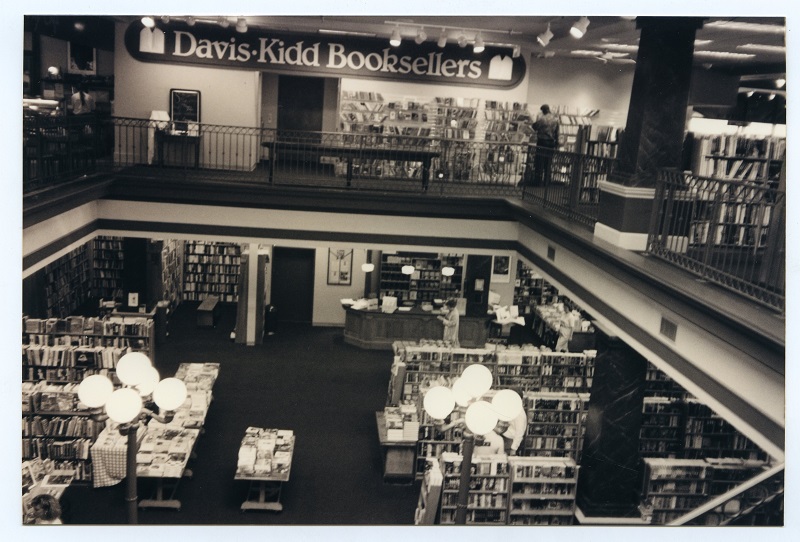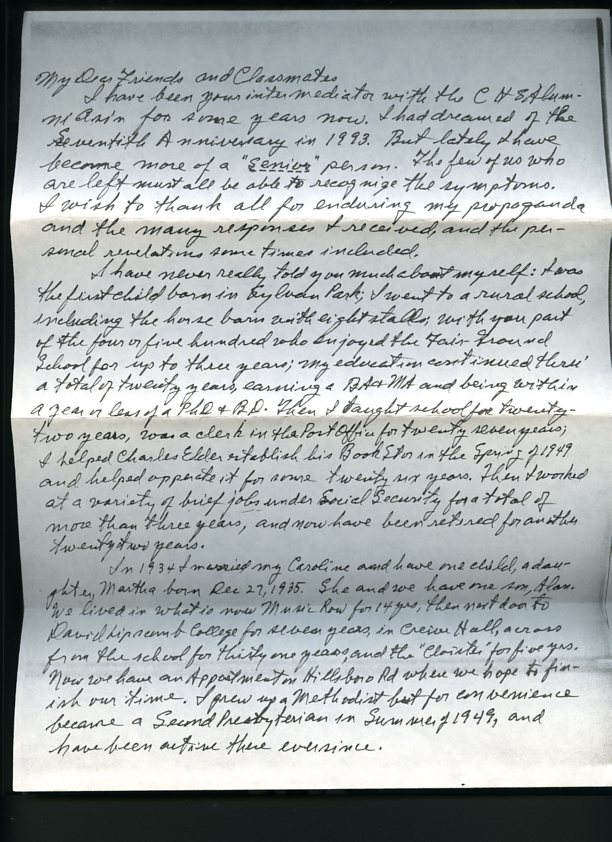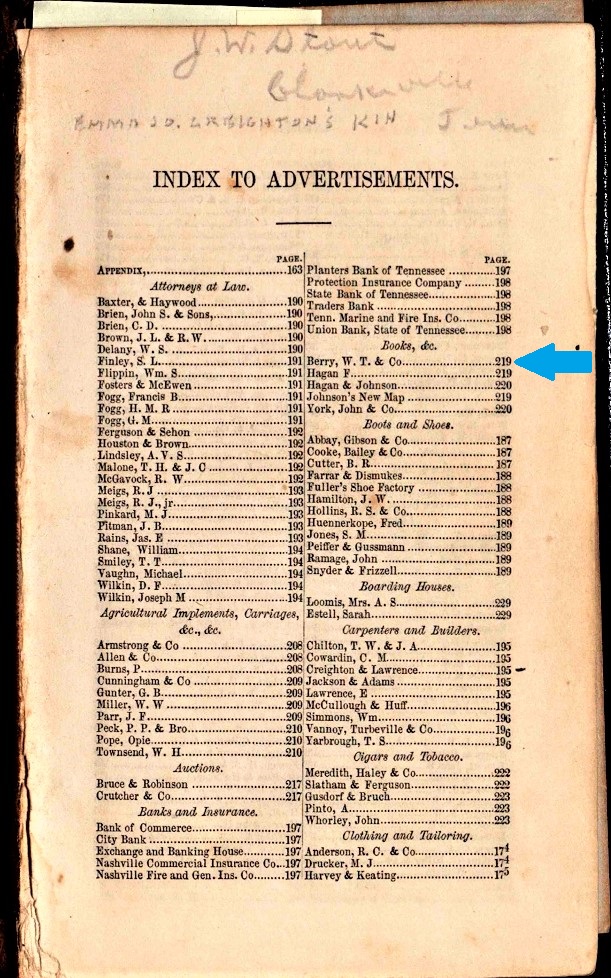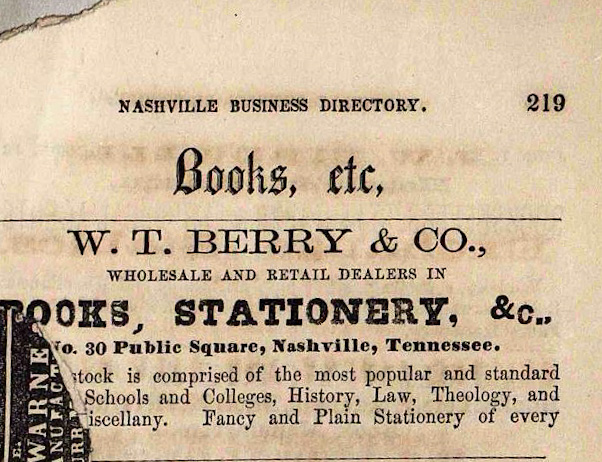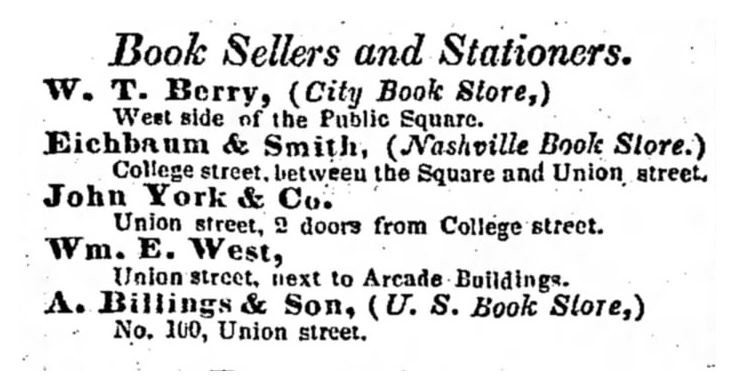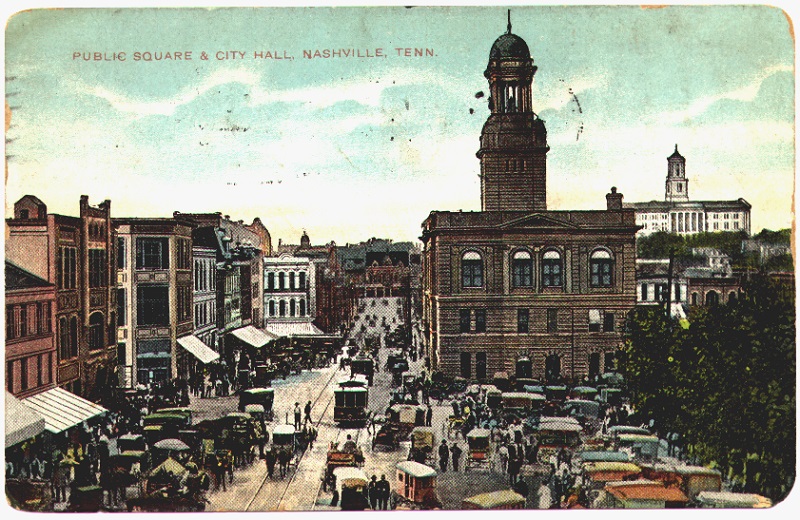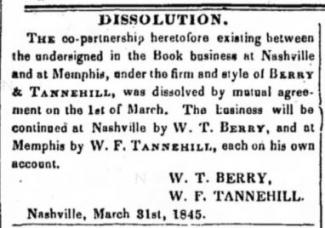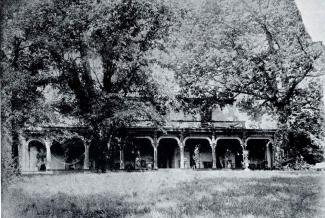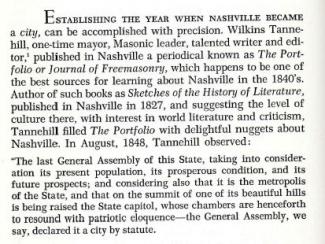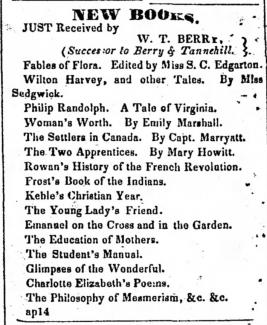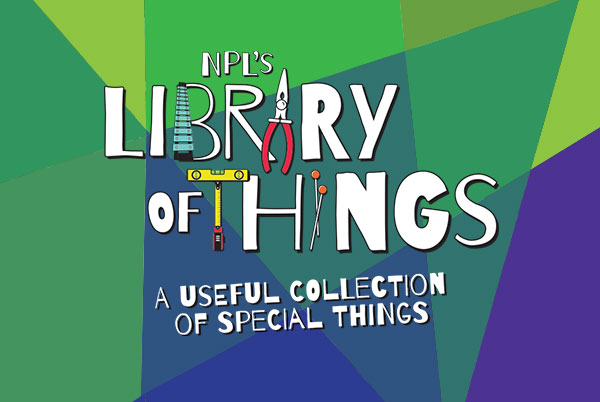
This month's Archives' post is brought to you from Archives' intern, Sapphire. While she interned with us, one of her projects included processing the George H. Boyles Papers, which helped formulate an interesting blog post about a history of Nashville's bookstores. Without further ado, take it away, Sapphire...
As many of us have run out of time to do our holiday ordering online, we must slog through the likely overcast or rainy Nashville days with our shopping bags. If you grace the doors of Parnassus or Elders, it may add to your experience to ponder the dreamscapes of Nashville’s bookselling history.
There are several bookstores you may discover in the stacks of the Metro Archives, including the Davis-Kidd collection, which, if you don’t know, formed some of the roots of today’s Parnassus Books. And the George H. Boyle’s Papers, in which he claims to have helped Charles Elder found and operate Elder’s Bookstore.
In the images below, you see Davis-Kidd Booksellers in 1994. And the letter from the George H. Boyles' Papers is from George to his 1923 classmates at Central High, stating his part in the formation and running of Elder's Bookstore.





